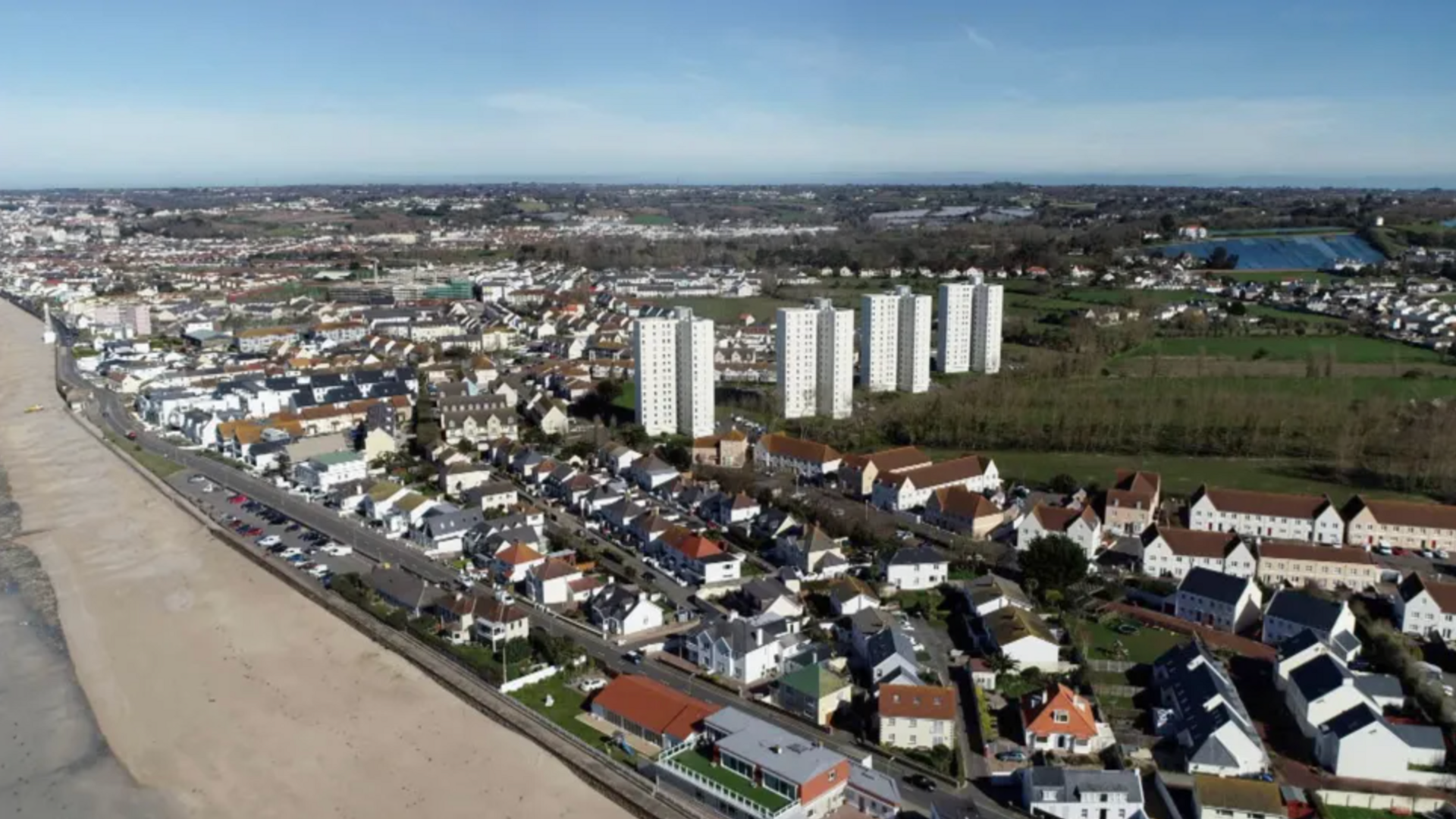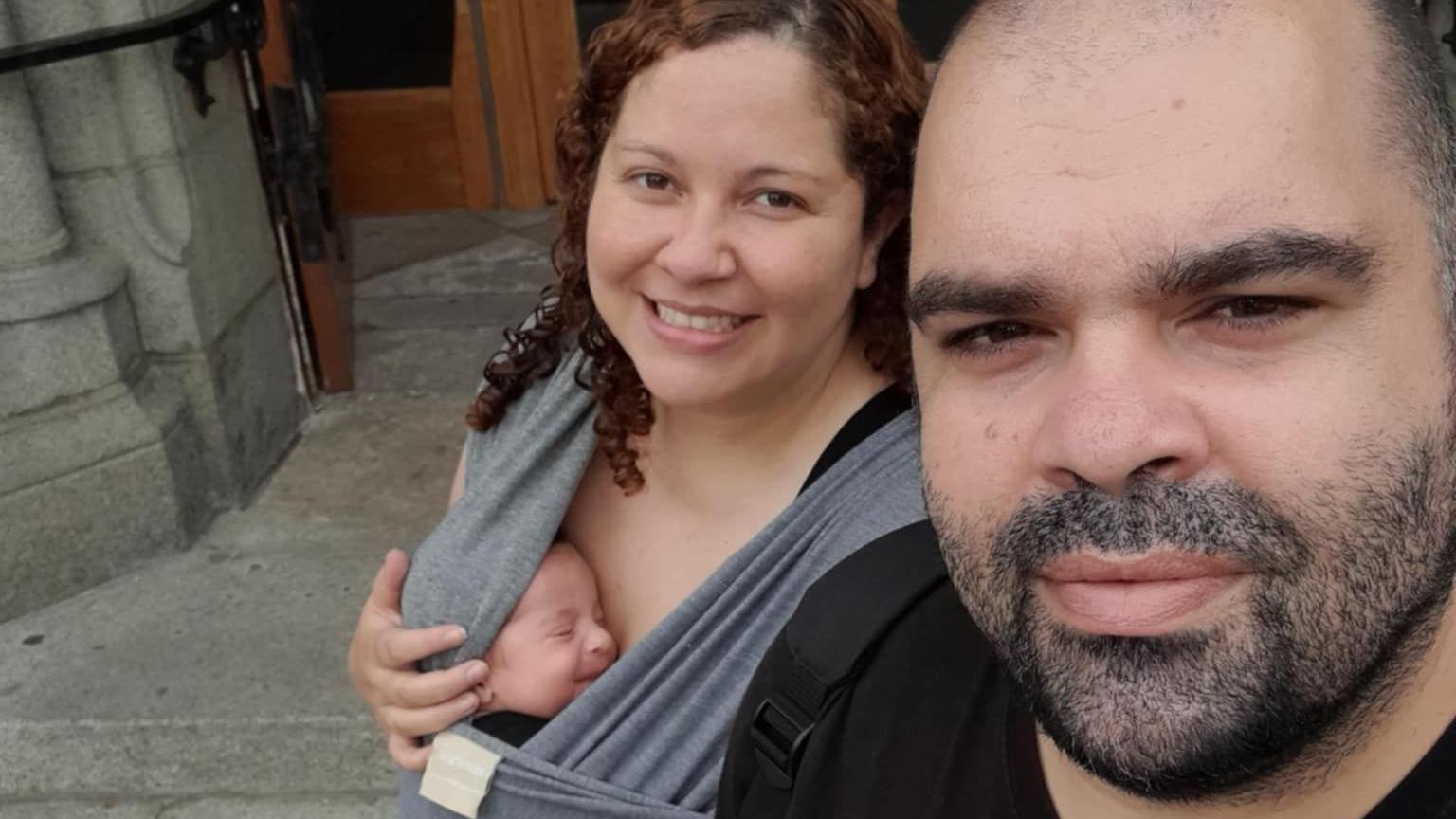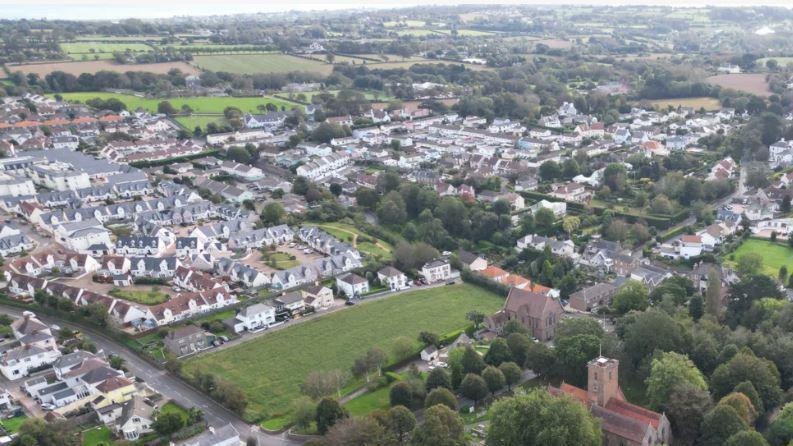What are Jersey's housing rules?

People in the island come under different licensing categories that determine where they can live
- Published
Described as a safe and secure place to live on the government's website, Jersey has long been seen as a desirable destination.
Everyone who lives in the island has residential and employment status issued by the government.
This defines what kind of accommodation people can live.
It is referred to by some as a two-tier system, but people fall into four categories, external.
What are the different categories?
Entitled
Those in this category must have lived in Jersey for at least 10 years.
They are permitted to buy, sell or lease any property and can work anywhere.
Licensed
People with licensed status can buy, sell or lease any property apart from those restricted to first-time buyers and social rented housing.
They are considered essential employees, but employers need permission to employ them.
Entitled for Work
This includes people who either:
Have lived in Jersey for five consecutive years
Are married to, or in a civil partnership or "enduring relationship" with someone who is entitled, licensed, or entitled for work.
They can buy property jointly with an entitled or licensed spouse or civil partner and can also lease registered property as a main place of residence.
They may work anywhere and do not need permission to be employed.
Registered
This applies to anyone who does not fall into the other categories and includes migrants who work in sectors like farming, retail and hospitality.
People with registered, external status can only lease a small selection of registered property as a main place of residence, such as lodgings, apartments or tourist accommodation.
Employers need permission to employ a registered person.
Why are these rules in place?
There have been restrictions for several decades surrounding employment and accommodation to protect the island's housing and jobs market from being flooded.
Laws were updated two years ago, post-Brexit.
Jersey has had net inward migration averaging 530 people per year since 2011, with those numbers recovering following Brexit and the global pandemic.
Rowland Huelin, former assistant chief minister, said: "Pre-Brexit, all of Europe could move to the UK and move onwards to Jersey. And that's 600 million people.
"So the only way you can control that... is to look after where people lay their head at night and where they make their daily bread.
"That was the logic behind it."

Sam Mezec, Jersey's Housing Minister, said the rules "haven't ever done what they were meant to do"
What do people think about the rules?
The system, to "look after where people lay their head at night and make their daily bread" was seen as the "only way" to prevent "potential mass immigration", said Mr Huelin.
The island has been facing serious labour shortages and some claim the system is discriminatory.
Registered properties are more expensive due to higher demand and the people renting them have limited job choice and do not receive benefits, other than healthcare after six months.
Charity Caritas has said "soaring rental costs" and the high cost of living have caused the number of food bank users to double in two years.
Sam Mezec, Jersey's Housing Minister, said some people are "enduring situations that most people would consider to be unacceptable" due to the rules.
For people who are eligible to buy property, there are also challenges, with the average Jersey house price at more than £581,000.
Both Mezec and Huelin have called for the system to be reviewed.
The Government of Jersey was asked to respond to the criticism of the rules, but has not commented.
Follow BBC Jersey on X, external and Facebook, external. Send your story ideas to channel.islands@bbc.co.uk, external.
Related topics
- Published16 December 2024

- Published17 September 2024
